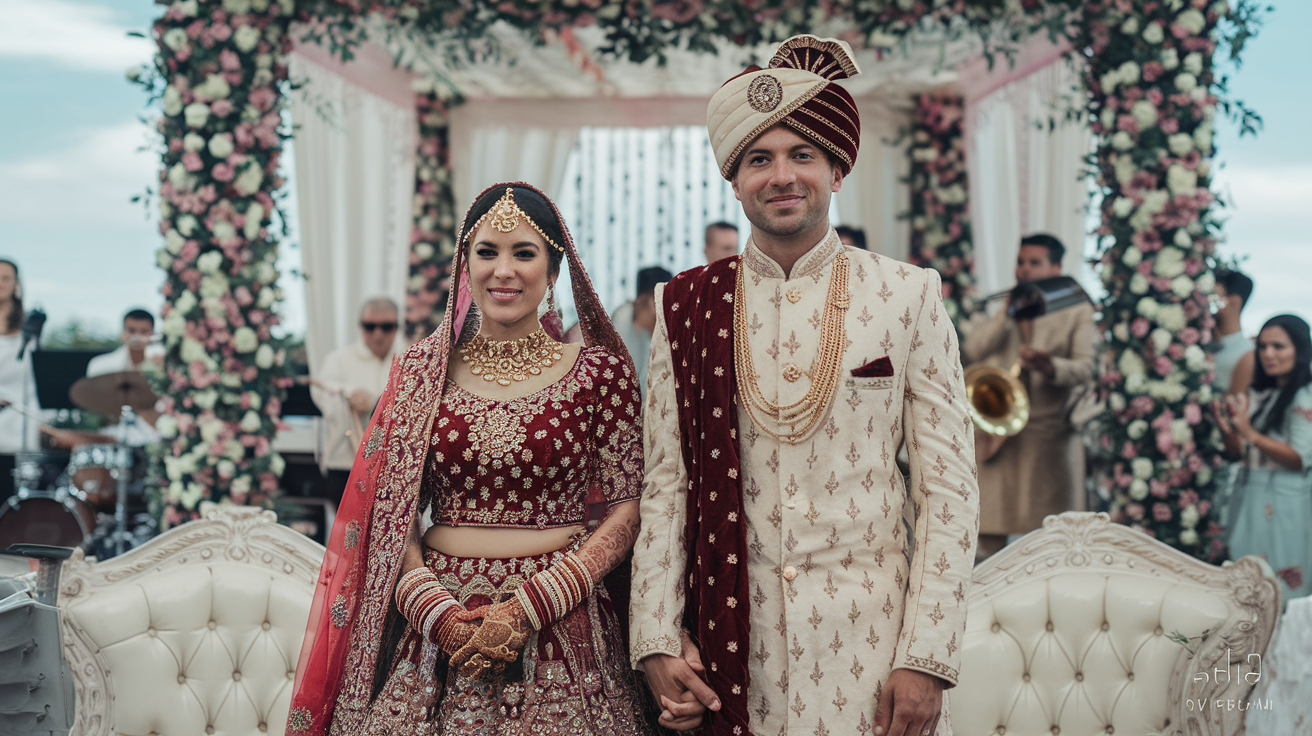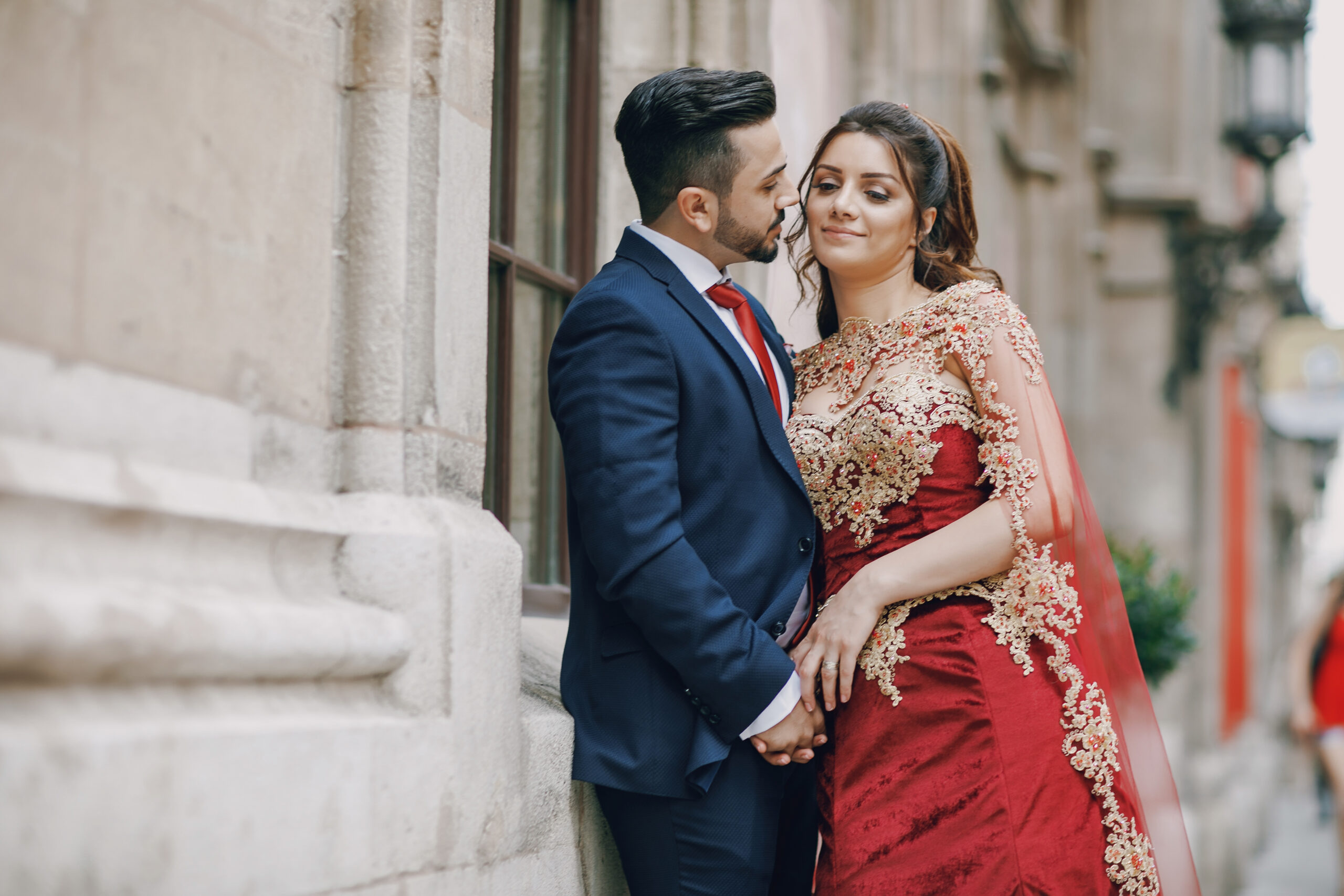Love speaks in many languages, but sometimes wedding ceremonies need a little extra help to ensure everyone understands the beautiful promises being made. A Wedding Interpreter bridges communication gaps, making sure that every “I do” is understood by all present – from the couple to their guests and family members.
Why Consider a Wedding Interpreter?
Weddings bring together people from diverse backgrounds, often speaking different languages. When families unite across cultures, languages, or when deaf community members participate, having a Wedding Interpreter becomes essential rather than optional.
The emotional significance of wedding vows deserves to be understood by everyone involved. Each word carries weight and meaning – whether it’s the official declarations, personal vows, or the celebrant’s guidance through the ceremony.
Signs You Need a Wedding Interpreter
Language Differences Between Key Participants
When either partner, their witnesses, or the celebrant speaks different languages, a Wedding Interpreter ensures legal requirements are met. This is crucial because marriage is not just an emotional commitment but a legal one too. All parties must understand what they’re agreeing to for the marriage to be valid.
Multilingual Guest List
Your wedding may include family members or close friends who don’t speak the primary language of the ceremony. Having a Wedding Interpreter present shows respect and consideration, allowing everyone to fully participate in your special day rather than feeling like passive observers.
Deaf or Hard of Hearing Participants
Sign language interpretation at weddings ensures deaf or hard of hearing participants can follow every moment of the ceremony. A qualified Wedding Interpreter skilled in sign language makes your wedding accessible to all your loved ones.

Legal Requirements for Wedding Interpreters
Marriage is a legal contract, and all parties must understand what they’re consenting to. When language barriers exist, legal requirements come into play:
- The Wedding Interpreter must formally declare their competency in both languages before the ceremony begins
- They must complete a Certificate of Faithful Performance after the ceremony
- They must accurately interpret all legally required elements of the ceremony
These requirements aren’t simply formalities – they protect the legal validity of your marriage. Without proper interpretation, the legitimacy of the marriage could potentially be questioned if one party claims they didn’t understand what they were agreeing to.
The Wedding Interpreter’s Role During the Ceremony
A professional Wedding Interpreter does more than simply translate words. They capture the emotion, meaning, and cultural nuances throughout the ceremony.
Their responsibilities include:
- Meeting with the couple and celebrant beforehand to understand the ceremony flow
- Familiarizing themselves with any personal vows or cultural elements
- Positioning themselves appropriately during the ceremony
- Interpreting clearly but unobtrusively throughout the proceedings
- Ensuring the couple’s consent is properly understood and conveyed
- Completing all legal documentation afterward
Finding the Right Wedding Interpreter
The quality of your Wedding Interpreter matters significantly. This isn’t a role for a bilingual friend or family member unless they have professional interpretation training. Here’s why:
Professional Qualifications Matter
Qualified interpreters understand the technical aspects of interpretation, including memory techniques, note-taking, and accurate cultural equivalents. They know how to handle pressure and maintain focus throughout the ceremony.
Certification and Accreditation
In many countries, interpreter certification systems exist to guarantee quality. For example, in Australia, NAATI (National Accreditation Authority for Translators and Interpreters) certification ensures interpreters meet professional standards.
Specialization in Wedding Ceremonies
Some interpreters specialize in wedding ceremonies and understand the legal and emotional elements involved. A Wedding Interpreter with experience in weddings will know how to handle the unique aspects of matrimonial proceedings.

Working With Your Wedding Interpreter
To get the most from your Wedding Interpreter, establish clear communication well before the ceremony:
Before the Wedding
- Book your interpreter early – skilled interpreters are often in demand
- Share your ceremony script, personal vows, and any cultural elements
- Discuss positioning during the ceremony
- Clarify expectations about attire and presentation
- Arrange a meeting with your celebrant and interpreter together
On the Wedding Day
- Introduce your interpreter to key participants
- Allow time for a brief rehearsal if possible
- Ensure your interpreter has water and a comfortable place to stand/sit
- Remember that interpreted ceremonies may take slightly longer
Cultural Sensitivity and Interpretation
Weddings are deeply cultural events. A skilled Wedding Interpreter doesn’t just translate language but helps bridge cultural differences too. They can explain cultural references, traditions, or jokes that might otherwise be lost in translation.
This cultural mediation role is especially important in:
- Multi-faith ceremonies
- Weddings blending different cultural traditions
- Ceremonies including cultural rituals unfamiliar to some guests
Types of Interpretation for Weddings
Consecutive Interpretation
The most common for weddings, where the interpreter speaks after the original speaker pauses. This method works well for ceremonies as it maintains the dignity and pace of proceedings while ensuring everyone understands.
Simultaneous Interpretation
The interpreter translates in real-time while the speaker continues. This method requires special equipment (headsets) but keeps the ceremony flowing at a natural pace.
Sign Language Interpretation
For deaf or hard of hearing participants, a sign language interpreter makes the ceremony accessible. Positioning is especially important to ensure clear visibility.
Real Benefits of Having a Wedding Interpreter
Emotional Connection
When everyone understands the vows and ceremony, emotional connection deepens. Tears, laughter, and joy are shared by all present, not just those who speak the main language.
Family Inclusion
Older generations often maintain stronger connections to their native language. Having interpretation available ensures grandparents and elderly relatives fully participate in this significant family milestone.
Legal Protection
Clear understanding of consent and legal requirements protects both parties and ensures the marriage’s validity isn’t questionable.
Stress Reduction
Knowing communication is handled professionally reduces stress for the couple and families, allowing everyone to focus on celebrating rather than worrying about misunderstandings.
Planning Timeline for Wedding Interpreter Services
To ensure you secure the right Wedding Interpreter, follow this timeline:
6-12 Months Before – Research and Budget
Determine which languages need interpretation and research qualified interpreters. Include interpretation services in your wedding budget.
3-6 Months Before – Book Your Interpreter
Interview potential interpreters and check their credentials and reviews. Book your interpreter and pay any required deposit.
1-2 Months Before – Share Materials
Provide your interpreter with ceremony details, special terminology, names of key participants, and any cultural elements they should understand.
2-4 Weeks Before – Final Coordination
Connect your interpreter with your celebrant and confirm logistics like arrival time, positioning, and attire expectations.

Conclusion
A wedding celebrates the union of two people across all boundaries – including language. A professional Wedding Interpreter from professional company like Wave Translations ensures that love’s message reaches everyone present, regardless of what language they speak or hear in. From legal requirements to emotional connections, interpretation services create an inclusive ceremony where everyone can fully participate in your special moment.
Ready to make your wedding accessible to all your loved ones? Contact Wave Translations to discuss your wedding interpretation needs and ensure that your special day is understood and celebrated by everyone present.
Frequently Asked Questions
Do we need an interpreter if most guests speak both languages?
Even if many guests are bilingual, a Wedding Interpreter ensures everyone catches every word, especially elderly relatives or those less fluent. Remember, weddings are emotional events where understanding nuance matters.
How much does a Wedding Interpreter cost?
Costs vary depending on location, languages involved, ceremony length, and the interpreter’s qualifications. Professional interpretation is an investment in ensuring everyone fully experiences your special day.
Where should the interpreter stand during the ceremony?
Your Wedding Interpreter should be positioned where they can clearly hear the speakers and be seen by those needing interpretation, without becoming the focus or appearing prominently in photos.
What if we’re having religious elements in our ceremony?
Inform your interpreter about any religious components so they can prepare appropriate terminology and understand the significance of religious aspects being included.

